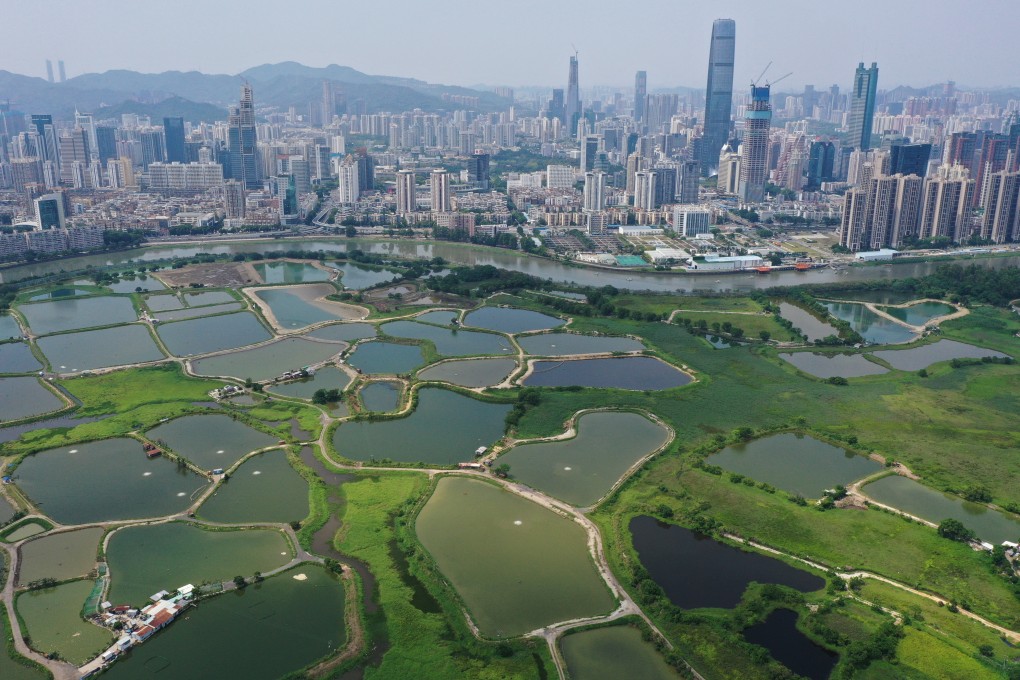Hong Kong’s role as bridge between China and world ‘clearer, more essential’ amid rising geopolitical tensions, experts say at Post forum
- Speakers at annual China Conference: Hong Kong 2023 point to trends in finance sector and technology, as well as tertiary education
- Panel agrees that if city aspires to ride Greater Bay Area development, it should prioritise flow of capital, people and information

Hong Kong’s position as a bridge between mainland China and the world had only become “clearer and more essential” amid rising geopolitical tensions, financial and political experts on Tuesday said, as they noted the city had the support of the “one country, two systems” governing model.
At the South China Morning Post’s China Conference: Hong Kong 2023, experts from the technology sector also predicted that the city would become a popular spot for technology and innovation investments in the next 10 years.
“I would say that Hong Kong still remains as an important bridge between China and the rest of the world. And I think over the past few years, Hong Kong’s positioning is even [clearer] in terms of how we are connecting [with the world] despite the geopolitical situation and US-China relations,” John Lee Chen-kwok, city-based vice-chairman and head of Greater China global banking at Swiss investment bank UBS, said.

The annual one-day conference was held under normal circumstances for the first time in three years after Covid-19 curbs were lifted.
In the first panel, titled “Navigating the Future: Hong Kong’s City Blueprint and Role in China’s Economic Vision,” Lee said Hong Kong’s connector role remained and was most evident in the financial sector.
He pointed to an increasing number of companies, local and foreign, choosing the city as a listing venue in recent years, thanks to a series of initiatives implemented by the Hong Kong Exchanges and Clearing Market, including the current dual-currency trading counters that allow investors to trade stocks in Hong Kong dollars or the renminbi.
Another panel speaker, Helen Qiao, Greater China chief economist and head of Asia economics at Bank of America Global Research, added that Hong Kong’s role as a gateway to the world had expanded beyond finance.